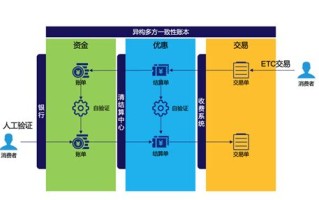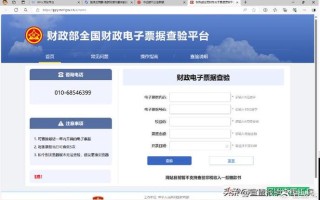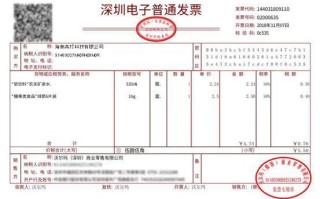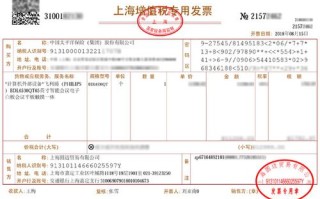Title: Blockchain Electronic Invoicing Solutions
Blockchain technology has emerged as a disruptive force in various industries, offering transparency, security, and efficiency in recordkeeping and transaction processing. When it comes to electronic invoicing (einvoicing), blockchain can revolutionize the process by providing a decentralized and immutable ledger for invoice management. Let's delve into the concept of blockchain electronic invoicing solutions and explore their benefits, implementation challenges, and potential recommendations.
Benefits of Blockchain Electronic Invoicing:
1.
Transparency and Trust:
Blockchain's decentralized nature ensures transparency and trust among all parties involved in the invoicing process. Every transaction is recorded on a tamperproof ledger, eliminating disputes and fraud.2.
Security:
Invoices stored on a blockchain are encrypted and distributed across multiple nodes, making them highly secure against unauthorized access or tampering. This reduces the risk of data breaches and ensures data integrity.3.
Efficiency:
Blockchain streamlines the invoicing process by automating tasks such as invoice creation, verification, and payment reconciliation. Smart contracts can be used to execute predefined actions automatically once certain conditions are met, reducing manual intervention and processing time.4.
Cost Savings:
By eliminating intermediaries and reducing the need for manual reconciliation, blockchain einvoicing solutions can significantly lower transaction costs for businesses.Implementation Challenges:
1.
Regulatory Compliance:
Adhering to existing regulatory frameworks and standards for electronic invoicing while incorporating blockchain technology can be challenging. Businesses need to ensure compliance with tax laws, data privacy regulations, and industryspecific requirements.2.
Integration with Legacy Systems:
Many businesses still rely on legacy systems for invoicing and accounting. Integrating blockchainbased einvoicing solutions with existing systems poses integration challenges and requires careful planning to ensure seamless interoperability.3.
Scalability:
As the volume of transactions increases, blockchain networks may face scalability issues, leading to slower transaction processing times and higher costs. Implementing scalable blockchain solutions capable of handling large transaction volumes is essential for widespread adoption.4.
User Adoption:
Convincing businesses and stakeholders to adopt blockchain einvoicing solutions requires education and awareness about the benefits and potential risks involved. Resistance to change and unfamiliarity with blockchain technology may hinder adoption efforts.Recommendations for Successful Implementation:
1.
Collaboration:
Collaborate with industry partners, regulators, and technology providers to develop interoperable standards and frameworks for blockchain einvoicing. Engage stakeholders early in the implementation process to ensure buyin and alignment with industry best practices.2.
Pilot Projects:
Conduct pilot projects to test the feasibility and efficacy of blockchain einvoicing solutions in realworld scenarios. Identify key performance indicators (KPIs) to measure the success of pilot projects and iterate based on feedback and lessons learned.3.
Education and Training:
Provide training and educational resources to businesses and stakeholders to increase awareness and understanding of blockchain technology and its potential applications in einvoicing. Address concerns and misconceptions through targeted communication and outreach efforts.4.
Scalable Infrastructure:
Invest in scalable blockchain infrastructure capable of handling growing transaction volumes and supporting diverse use cases. Explore solutions such as sharding, sidechains, and layer2 scaling solutions to improve network throughput and scalability.In conclusion, blockchain electronic invoicing solutions offer compelling benefits in terms of transparency, security, efficiency, and cost savings. However, successful implementation requires addressing regulatory compliance, integration challenges, scalability issues, and fostering user adoption through collaboration, pilot projects, education, and scalable infrastructure investments. By overcoming these challenges and embracing blockchain technology, businesses can streamline their invoicing processes and unlock new opportunities for innovation and growth in the digital economy.
References:
[1] Deloitte. "Blockchain and electronic invoicing: Building a new ecosystem." https://www2.deloitte.com/content/dam/Deloitte/us/Documents/processandoperations/usconsblockchainandelectronicinvoicing.pdf
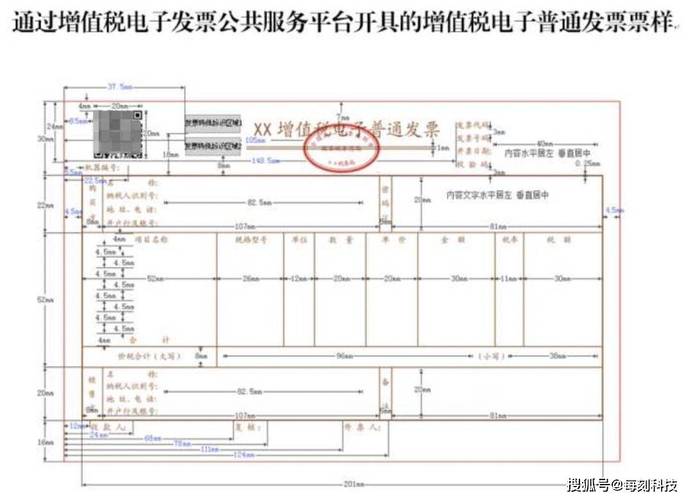
[2] European Commission. "European Interoperability Framework." https://ec.europa.eu/isa2/sites/isa/files/eif_brochure_en.pdf
标签: 区块链电子发票怎么领取 区块链电子发票开票教程 区块链电子发票具有


